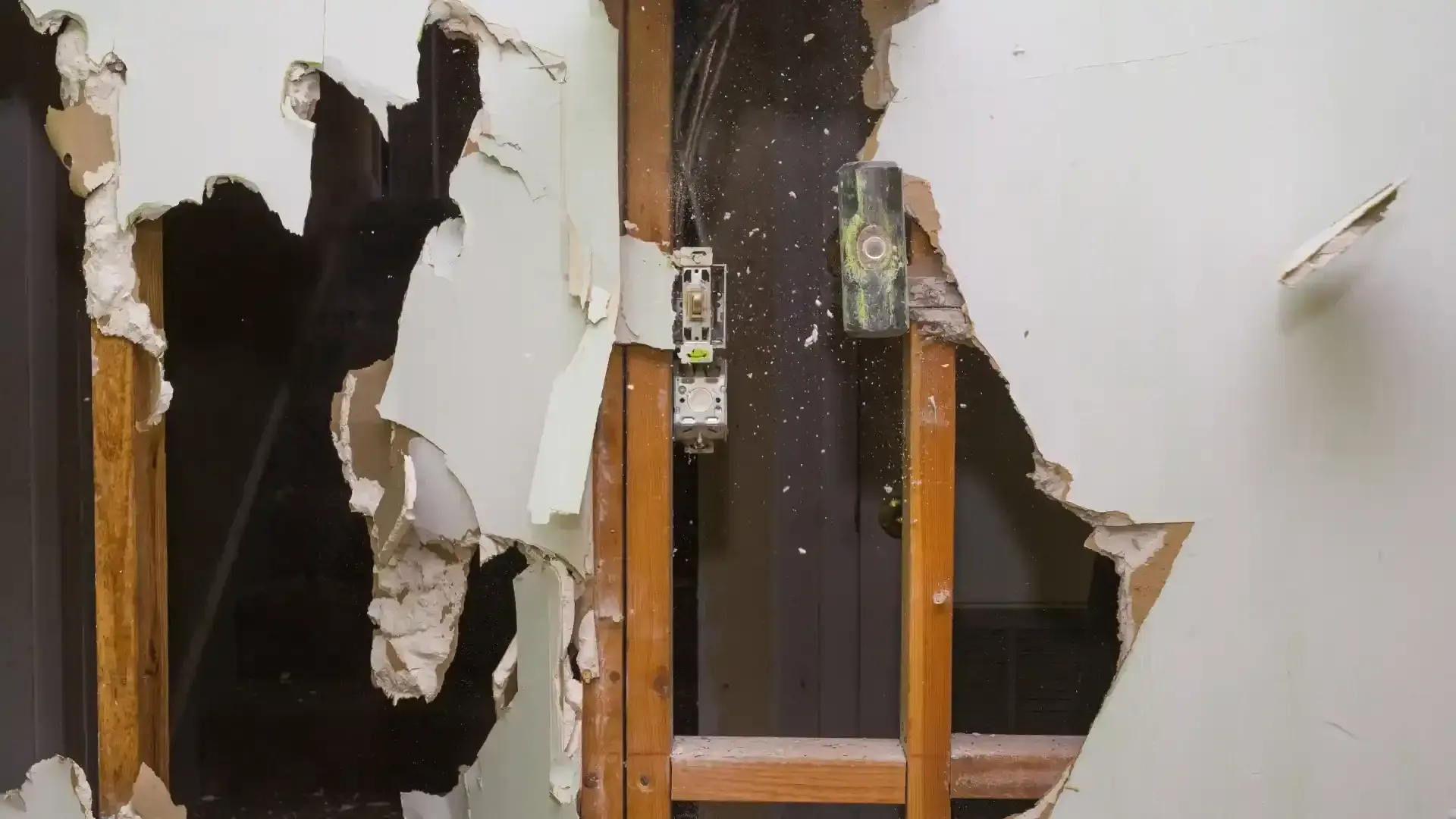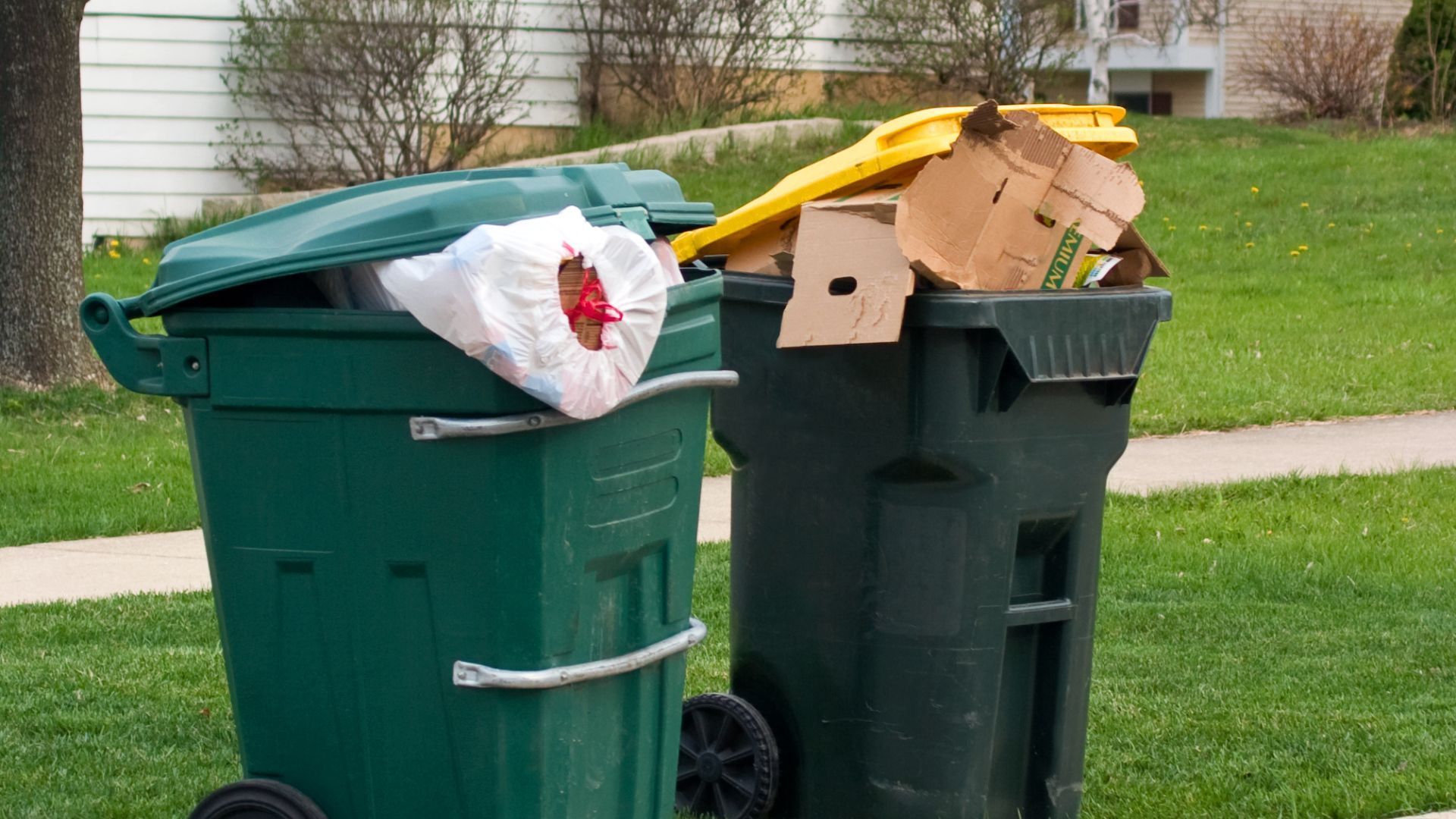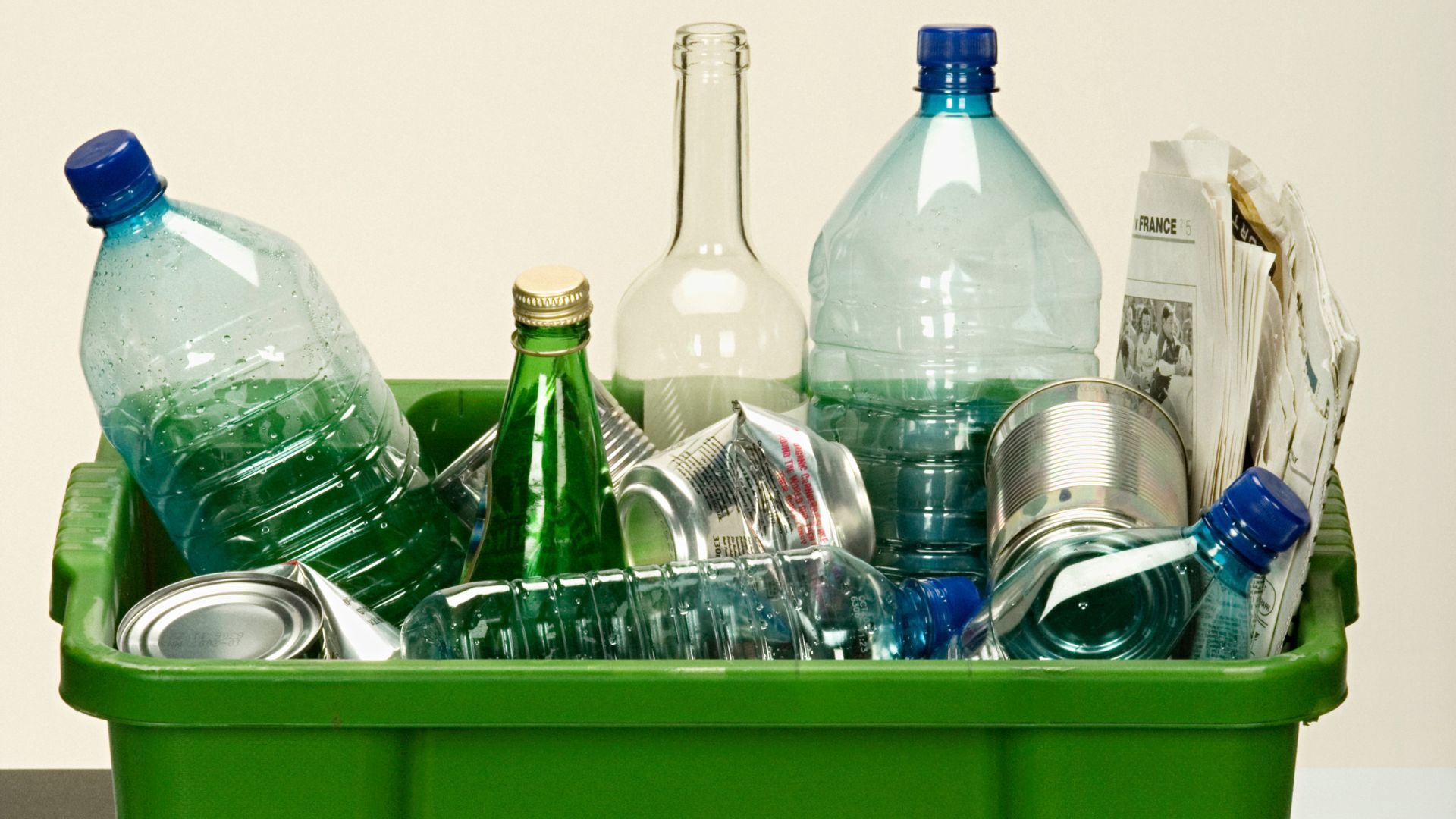Junk Removal Augusta Helps Transform Property Management
Property management is a balancing act—one that relies on clean spaces, fast turnover, and satisfied tenants. Yet lurking behind every lease renewal, inspection, or open house is a persistent challenge: clutter. Whether it’s left-behind furniture, renovation scraps, or years of tenant accumulation, junk can halt progress in its tracks. In Augusta, however, the tides are shifting. Junk removal is no longer an afterthought or a once-a-year scramble. It’s becoming a proactive strategy, reshaping how property managers approach their operations. When executed strategically, junk removal doesn’t just clean up a space—it reshapes the experience for tenants and managers alike. The result? Properties that breathe, systems that flow, and portfolios that perform. What follows is a closer look at how this seemingly simple service quietly revolutionizes the entire property lifecycle—from first impressions to long-term investment value.
Cleaning Beyond the Surface Adds Real Value
It’s tempting to think of junk removal as a cosmetic fix—clearing out debris, dumping old furniture, and making a place look good for the next viewing. But its real value runs deeper. Property managers understand that presentation is only one layer of the tenant experience. Clean hallways, clutter-free garages, and fresh outdoor areas impact safety, usability, and even lease retention. When tenants walk into a space that feels clean and purposeful, their mindset shifts. They see possibility instead of repair lists. This shift in perception directly affects occupancy rates and how long tenants choose to stay.
Moreover, by maintaining spaces through consistent junk removal, managers prevent the slow creep of decay. What begins as a few broken appliances behind a unit can quickly turn into mold, pests, or legal liabilities. Being proactive isn’t about being overly tidy—it’s about investing in longevity. This effort translates to real gains in tenant trust, lower maintenance costs, and a stronger reputation in competitive markets.
Rapid Turnovers Become Streamlined and Predictable
Few things are more stressful for property managers than the chaotic window between move-out and move-in. Time is money, and every empty day is a missed opportunity. Junk removal steps in as the silent accelerator. Instead of scrambling to coordinate volunteers, maintenance teams, or overbooked contractors, property managers can rely on a professional junk removal service to clear units efficiently and thoroughly. With furniture, trash, and forgotten items gone quickly, cleaners and repair techs can work without obstruction.
But it’s not just about speed—it’s about rhythm. Junk removal services establish a cadence for turnovers, helping managers create predictable workflows. No more guessing how long it’ll take to haul that broken couch or if there’s a surprise dump fee. Everything becomes part of a well-oiled machine. The results are easy to quantify: reduced vacancy periods, more polished showings, and happier leasing agents who aren’t burdened with manual cleanout duties.
Revitalizing Curb Appeal Without Major Renovations
There’s a silent influencer in every rental decision, and it’s not the square footage. It’s curb appeal—the first glance a prospective tenant takes before even stepping inside. A yard filled with broken fixtures, bags of trash, or scattered remodeling debris can instantly sour an otherwise ideal space. And the fix doesn’t require paint or landscaping—just thoughtful junk removal.
Clearing the clutter transforms visual aesthetics in one sweep. Suddenly, walkways are inviting. Lawns feel maintained. Entryways appear secure. These subtle visual cues reassure renters that the property is professionally managed and cared for. For property owners and managers, this small move prevents the need for more expensive updates and upgrades. It’s a rapid transformation that yields maximum impact, especially when dealing with multi-unit buildings or older properties with deferred maintenance.
Compliance and Safety Become Easier to Manage
Managing multiple properties means juggling safety codes, local ordinances, and liability concerns. Junk—especially bulk debris or improperly stored items—can introduce hazards that go unnoticed until something goes wrong. Tripping risks, blocked exits, flammable materials, and pest attractants are just a few of the dangers that build up when junk accumulates. That’s where routine junk removal becomes more than a convenience—it becomes risk management.
In Augusta, where property standards and tenant rights matter, staying compliant means more than sweeping up now and then. A structured removal plan ensures that emergency exits remain clear, storage areas don’t become dumping grounds, and unused materials don’t breed hazards. For property managers, that peace of mind is invaluable. It minimizes the chance of surprise inspections or tenant complaints turning into costly violations.
Storage Areas Stop Becoming Junk Zones

It’s a strange irony in property management: storage areas often become the least managed spaces. These basements, sheds, or garages begin as useful features, only to evolve into cluttered jungles of forgotten furniture, old signage, and tenant leftovers. Left unmonitored, they swallow square footage and become inaccessible messes. But junk removal reinvents these neglected zones, transforming them from burden to benefit.
With consistent removal efforts, storage areas can regain their intended purpose. Property managers reclaim rentable space—whether for bike racks, maintenance tools, or even short-term storage solutions for tenants. Restoring order to these areas also reduces pests, fire risk, and general inefficiency. Instead of avoiding them, staff and tenants begin to see them as safe, useful, and clean—a small shift that enhances the total functionality of a property without breaking ground or budgets.
Tenant Communication Becomes Clearer and More Positive
The conversation around junk can be tense—especially when tenants leave behind mountains of debris or exceed agreed storage space. But when junk removal becomes a standardized process, it changes the narrative. Instead of confronting tenants reactively, property managers can include cleanout expectations as part of a seamless system. “Don’t worry about that old couch—we’ve got it covered.” Those words change everything. The interaction shifts from confrontation to support.
This approach creates a more professional tone across all tenant relations. It’s easier to set boundaries, enforce lease terms, and offer move-out guidelines when managers know they have resources to execute cleanouts efficiently. Even tenants with good intentions can struggle to manage their junk. Offering structured solutions—rather than leaving them to figure it out—results in less stress for everyone involved and a smoother transition from one lease to the next.
Boosting Property Values Without Breaking the Bank
Real estate value is about more than just land and building materials. It’s about perception, efficiency, and potential. When properties are clean, navigable, and clutter-free, they don’t just rent faster—they appraise higher. Investors and buyers aren’t dazzled by marble countertops if there’s trash in the parking lot or broken furniture in the stairwell. Junk removal plays an unassuming yet vital role in elevating value.
For owners looking to sell or refinance, showing a property that’s pristine and decluttered is a game-changer. It implies maintenance discipline and long-term care. Prospective buyers see less work ahead, and that reduces mental friction when making offers. By integrating junk removal into monthly or quarterly schedules, property managers are essentially staging their properties 365 days a year.
Managing Renovations Without the Headaches
Renovations are messy—physically and logistically. Contractors leave behind drywall scraps, busted tiles, empty boxes, and paint buckets. If that waste isn’t removed quickly, it delays inspections, frustrates tenants, and slows leasing. But when junk removal services are looped into the renovation plan from the start, those issues vanish. It’s not about waiting until the last minute to call someone—it’s about creating a parallel track that clears the way as work progresses.
This system gives property managers tighter control over timelines. Waste is cleared before it piles up, reducing safety hazards and keeping common areas usable. It also improves the working relationship between management and contractors. No one is arguing over whose job it is to clean up, and deadlines are easier to hit. The result is a cleaner project and a faster return on investment.
Reclaiming Outdoor Spaces and Shared Amenities
Common areas are the heartbeat of any multi-family property. Pools, patios, courtyards, and lounges are supposed to add value, not collect junk. Yet over time, these shared spaces often become catch-alls for broken furniture, old grills, or tenant discards. Junk removal becomes a revival tool. One day’s cleanup can breathe life into a forgotten space, making it usable again for all residents.
Property managers can also schedule seasonal removals—spring for landscaping debris, fall for post-move cleanouts—to ensure these areas never fall into disrepair. Tenants notice the difference. When outdoor spaces remain inviting, it encourages community use, reduces vandalism, and creates pride in the environment. Even prospective renters get swept up in the energy of clean, activated shared spaces.
Environmentally Responsible Disposal Builds Community Trust
More tenants are asking where their junk goes. They want assurance that discarded items won’t simply end up polluting a nearby landfill. Responsible junk removal answers that question with transparency and care. By recycling, donating, and sorting items responsibly, managers support community values and align with modern environmental expectations.
This isn’t just about optics. Sustainable practices help properties qualify for green certifications or tax incentives and attract eco-conscious renters. When junk removal is performed with integrity, it strengthens community trust and builds long-term loyalty. Even small gestures—like donating usable furniture or properly recycling electronics—send a message that management values both people and the planet.
Conclusion
Turning properties into high-performing assets takes more than just good leasing practices and strong marketing. It demands strategy in the everyday—clearing what’s in the way, both physically and operationally. Junk removal has emerged as a quiet powerhouse in this transformation. It speeds up turnovers, protects investments, enhances appeal, and empowers property managers to stay ahead of problems rather than chase them.
For dependable junk removal services that help elevate your property management game, contact Hinkins Disposal in Augusta, GA. Reach out today at (706) 885-4032 or email Hinkinsdisposal@gmail.com to learn how they can support your properties with efficiency, care, and professionalism.




